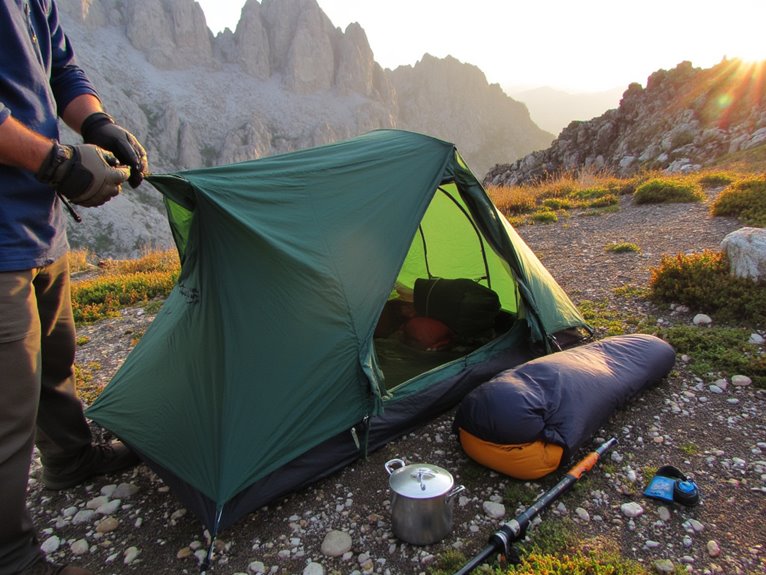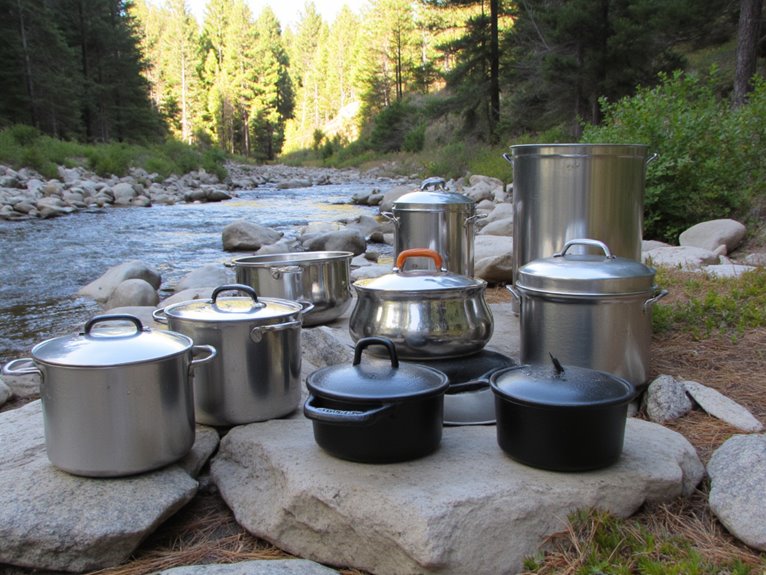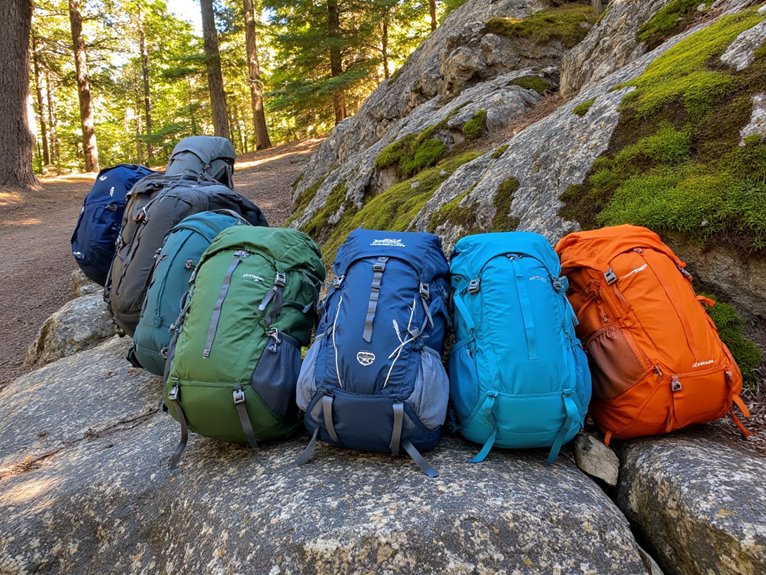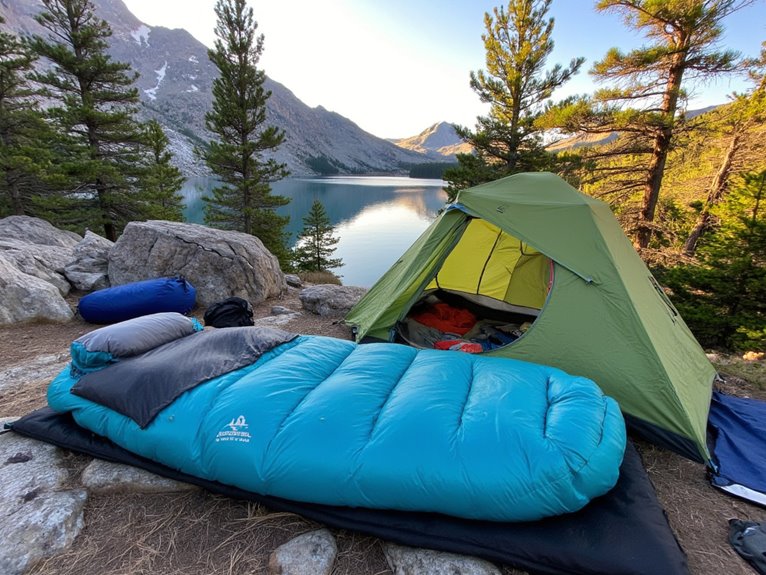Do You Wear Clothes Under Scuba Gear?
When considering scuba diving, wearing clothes under scuba gear is not only a matter of personal preference, but also a vital consideration for comfort, safety, and overall enjoyment of the underwater experience. Water temperature, dive type, and personal comfort levels all play a role in determining what to wear. From thermal protection to preventing chafing, clothes under scuba gear can make a significant difference. Whether you're a beginner or a seasoned pro, understanding what to wear under your scuba gear can enhance your diving experience, and we're about to plunge deeper into the details that'll have you swimming in comfort and style.
We are supported by our audience. When you purchase through links on our site, we may earn an affiliate commission, at no extra cost for you. Learn more. Last update on 1st January 2026 / Images from Amazon Product Advertising API.
Water Temperature Considerations
When plunging into the depths, the water temperature is a vital factor to ponder, as it can profoundly impact the type and thickness of clothing worn under scuba gear.
In chilly waters, a thick, warm wetsuit is a must-have, while in tropical climates, a thin rash guard might suffice.
For example, diving in the icy waters of the Arctic Circle requires a thick, insulated wetsuit to maintain body heat, whereas diving in the warm Caribbean Sea might only necessitate a lightweight, quick-drying shirt.
By considering water temperature, divers can make certain they're dressed for success – or at least, dressed for comfort.
This vital consideration helps prevent hypothermia, reduces shivering, and makes for a more enjoyable descent.
Personal Preference Plays a Role
Beyond water temperature, an often-overlooked yet essential factor in selecting clothing to wear under scuba gear is personal preference.
While some divers swear by the comfort of a warm wetsuit, others prefer the flexibility of a lightweight rash guard.
Your personal comfort level with clothing tightness, fabric texture, and even color can greatly impact your underwater adventure.
If you're claustrophobic, you may prefer looser-fitting clothing. If you're sensitive to cold, you might opt for thicker, warmer garments.
Listen to your body and dress accordingly. After all, a comfortable diver is a happy diver!
Dive Type and Clothing Choice
As you prepare for a scuba excursion, the type of dive you're about to embark on can significantly influence your clothing choice, with varying water conditions, depths, and activities requiring distinct attire to ensure a safe and enjoyable experience.
The type of dive you're planning will dictate the clothing you wear underneath your scuba gear.
For instance:
Cold water dives require thermal protection to prevent hypothermia.
Deep dives may necessitate added compression garments for safety.
Technical dives often demand specific clothing for ease of movement.
Night dives may require reflective or glow-in-the-dark clothing for enhanced visibility.
Benefits of Wearing Dive Skins
Swim skins provide an added layer of comfort and flexibility under scuba gear, slipping on smoothly like a second skin to reduce chafing and irritation during long plunges.
This extra layer also helps regulate body temperature, keeping you warm in cold waters and cool in warm waters.
Scuba skins also offer protection from marine stingers, scratches, and abrasions, giving you peace of mind while exploring the underwater world.
Additionally, they make it easier to slip in and out of your scuba gear, making the entire scuba experience more enjoyable.
Practicality and Comfort Factors
In terms of practicality, wearing clothes under scuba gear can make a significant difference in the overall comfort and enjoyment of your underwater adventure. It's not just about looking cool (although, let's be real, it's a bonus); it's about being able to move freely and focus on the underwater experience, not on adjusting your gear.
Some key practicality and comfort factors bear thinking about:
Reduced chafing: Clothes prevent rubbing and chafing from the scuba gear, making your underwater experience more comfortable.
Improved flexibility: Wearing clothes under your scuba gear allows for a full range of motion, making it easier to swim and maneuver.
Warmth retention: Clothes help retain body heat, keeping you warmer in cold water.
Easy on and off: Clothes make it easier to slip in and out of your scuba gear, saving you time and effort.




